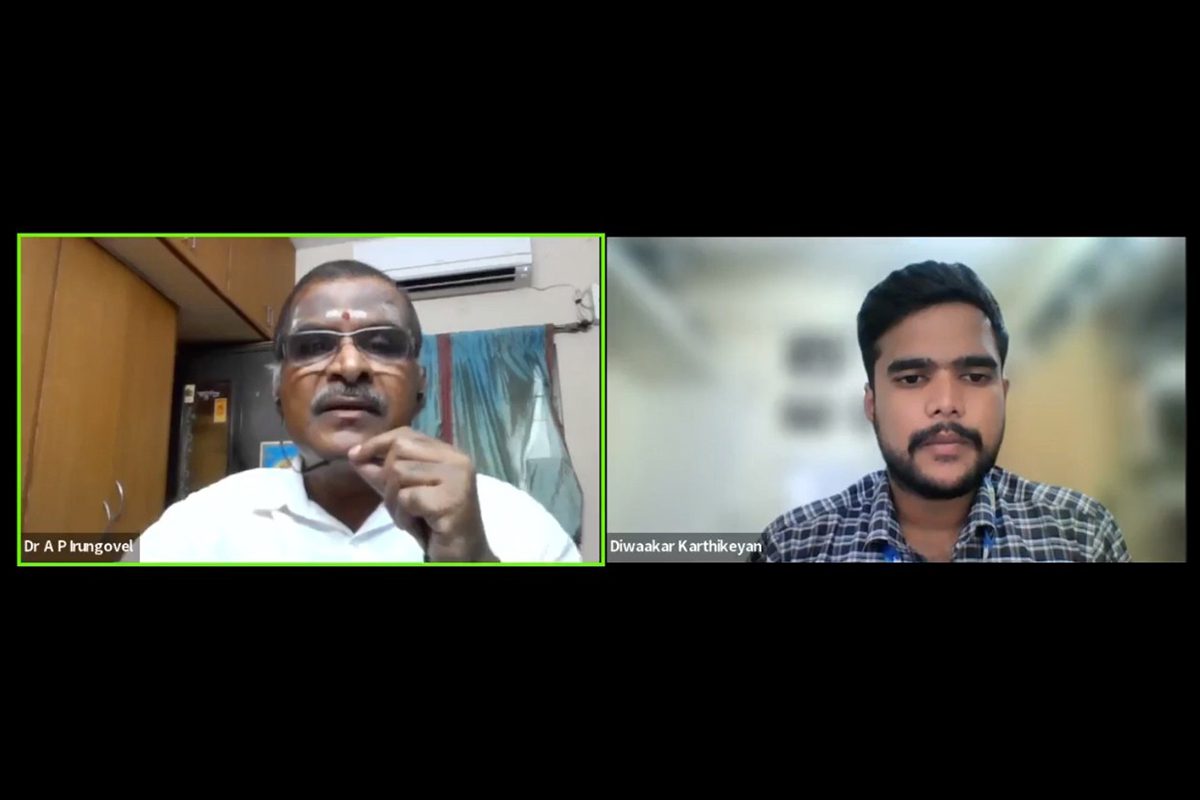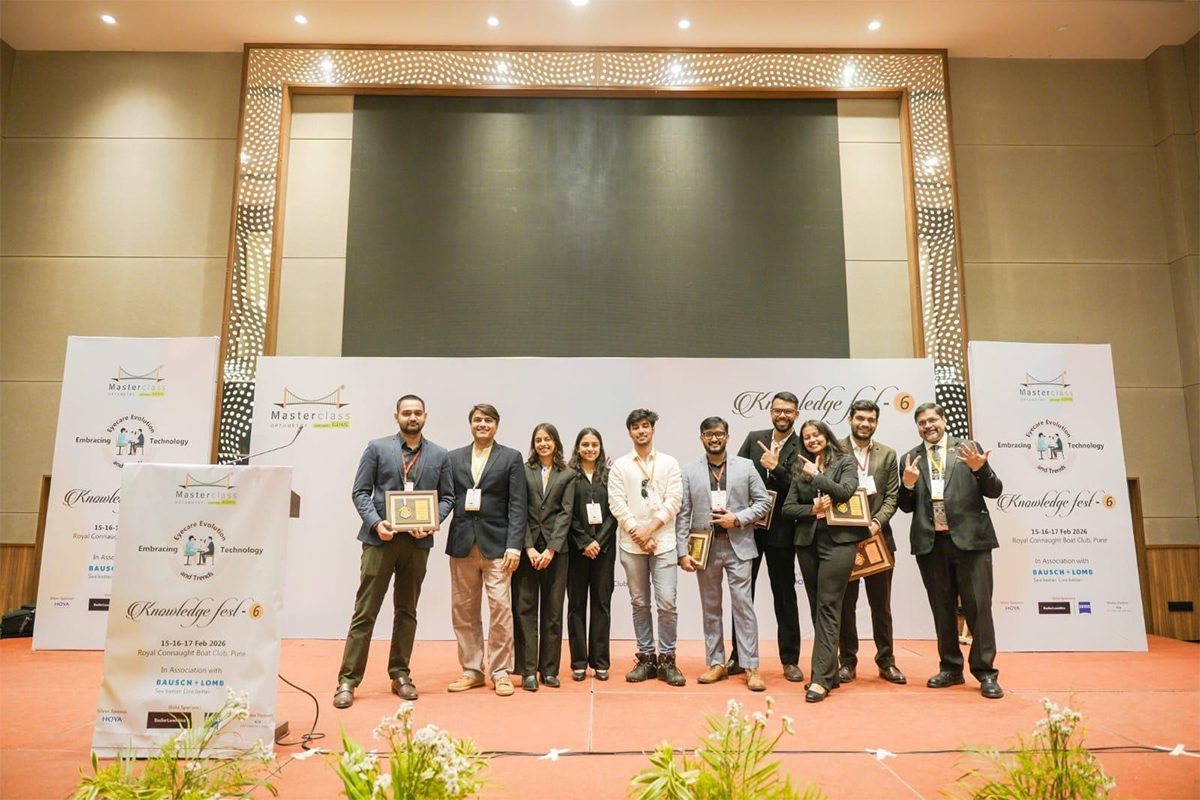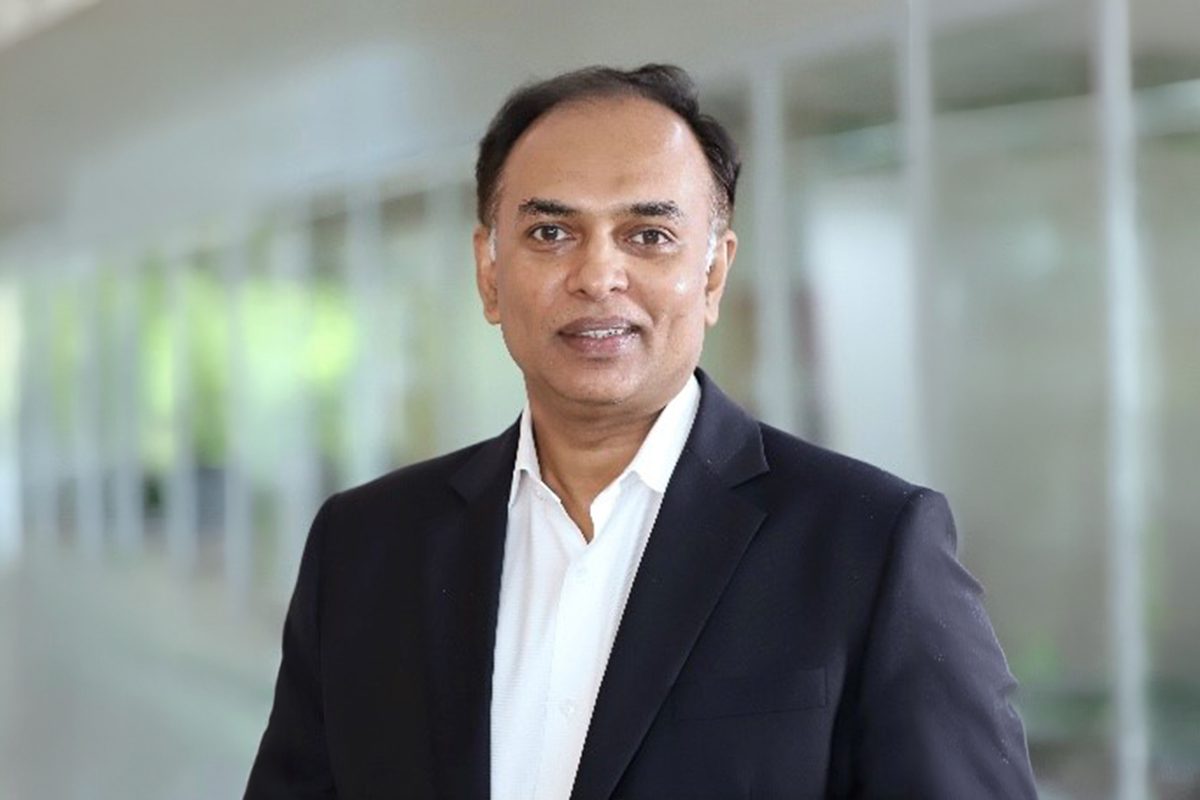On the occasion of World Sight Day, India Vision Institute hosted a thought-provoking talk by Dr A P Irungovel, Manager – Medical Sociologist at Sankara Nethralaya. The event, a part of IVI’s Monthly Lecture, aimed to raise awareness and commemorate the global initiative.
Dr Irungovel’s talk ’Let them Smile with Our Eyes – Donate Eyes’ was not only a deep dive into the world of eye donations but also a tribute to the invaluable gift of sight. He set the tone for the talk by sharing a personal experience of receiving a phone call from two high school students to donate eyes. He led the audience into the aspects of eye donation that essentially entails replacing the front layer of the eye, the cornea.
Dr Irungovel delved into the anatomy of the cornea. He expounded on the various clinical conditions that may necessitate corneal transplantations, including infections, injuries, malnutrition, iatrogenic factors, hereditary issues, and congenital diseases. He also spoke on Sankara Nethralaya’s eye bank.
Dr Irungovel’s revelation that every third- or fourth-blind person in the world is Indian was compelling, as well as the fact that a staggering 90% of those with visual impairment are under 40 years of age. Citing the National Program for Control of Blindness, which reports that 100,000 Indians suffer vision loss due to corneal problems, he stated that India receives only 47,144 eyeballs per year for transplantation, leaving an alarming gap. Notably, not all of these eyeballs can be utilized for transplants, leading one to wonder about the fate of the remaining corneal donations. However, Dr Irungovel reassured the audience that the remaining eyeballs are utilized for academic purposes, contributing to the education and research in the field.
The functions of an eye bank were elucidated, which encompass public awareness, tissue harvesting, tissue evaluation, tissue processing, preservation, documentation, and tissue distribution. He revealed an alarming statistic from the Greater Chennai Corporation, where on average, 140 deaths are registered daily, yet only approximately four pairs of eyes are donated while the remaining are buried.
In an effort to raise awareness on World Sight Day, Dr. Irungovel said that people of any age or gender can be donors, and the eyes should be harvested within six hours of death. He notably said that even individuals with conditions such as hypertension, diabetes, a history of cataract surgeries, and those who wear spectacles can be donors. The talk also addressed contraindications for eye donations.
Dr Irungovel offered guidance and recommendations for families in the event that a deceased person had already chosen to donate eyes or if a family member wished to donate the deceased person’s eyes. These included suggestions such as gently closing the eyes of the deceased, turning off overhead fans, applying moist cotton or ice cubes to the eyeballs, and elevating the deceased’s head with two pillows.
He shed light on the process of collecting the cornea from the deceased, revealing a surprising fact that even one layer of the cornea can be transplanted, potentially benefiting 3 to 4 people with a single donated eye.
In a compelling call to action, Dr Irungovel emphasized the importance of not only eye donation but also the donation of other organs that can save lives. He shared a remarkable insight – organs can be donated even before the post-mortem report, underlining the significance of this selfless act.












